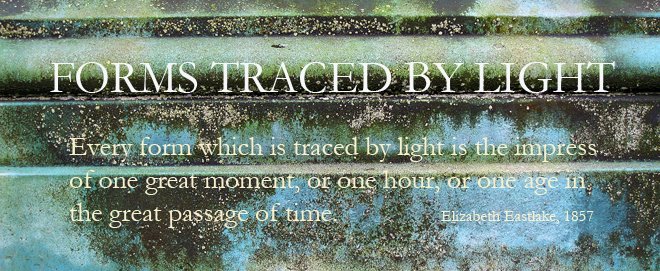At dinner, talk turned to the different English associations of class with flowers (which does, indeed, seem a long way from rioting in the streets - but nonetheless is a good way of indicating how pervasive class associations are in that country). This spun off after Harold Nicolson's comment about - I think! - rhododendrons being dreadfully middle-class - which of course they are, though I'd never thought of them that way. Nonetheless, this made me think: is part of my long standing semi-dislike of dahlias due to hitherto unsuspected class prejudice? What else would one think of as working, or lower-middle-class flowers? Chrysanthemums (though they are also funereal. Carnations, if in cellophane packets from gas stations (the adulterer's flower, too, I suspect). Lobelia. Definitely lobelia. I rather like lobelia (especially trailing lobelia) and have found it not to be the useful and ubiquitous plantpot filler here in the US that it is in England. Roses - depends on the kind. Crosses class, but anything like a repeat blooming hybrid tea might be a little - well, vulgar is going too far, but ... Marigolds? Nasturtiums? Go back three quarters of a century, move inside, and then there's the ultimate mark of savagely dull respectability, the aspidistra.
But for all I know I'm dreadfully out of date. There was a bad moment today (listening to NPR coverage of the riots) in which a commentator said "there haven't been riots like this in Britain for a quarter of a century" - and that made me feel old, because the last, very different ones don't seem quite so long ago. The feelings of angry, powerless, futureless youth wanting to grab very mindlessly at action, agency, Nike trainers and flat screen TVs was brought home by the two Clapham girls also interviewed on NPR - "well, it's been a bit of fun, hasn't it ... we just want to show the police that they can't do what they want to us ... we want to show the rich that they can' stop us."



No comments:
Post a Comment